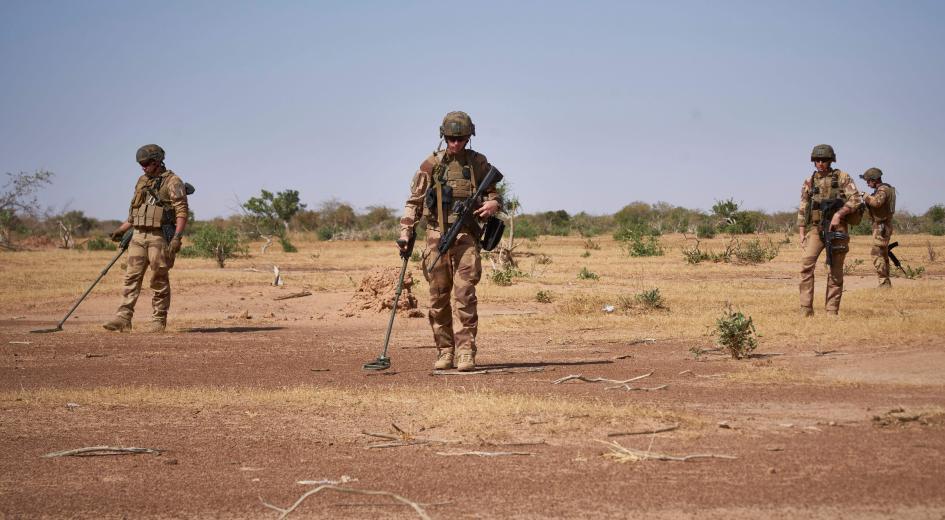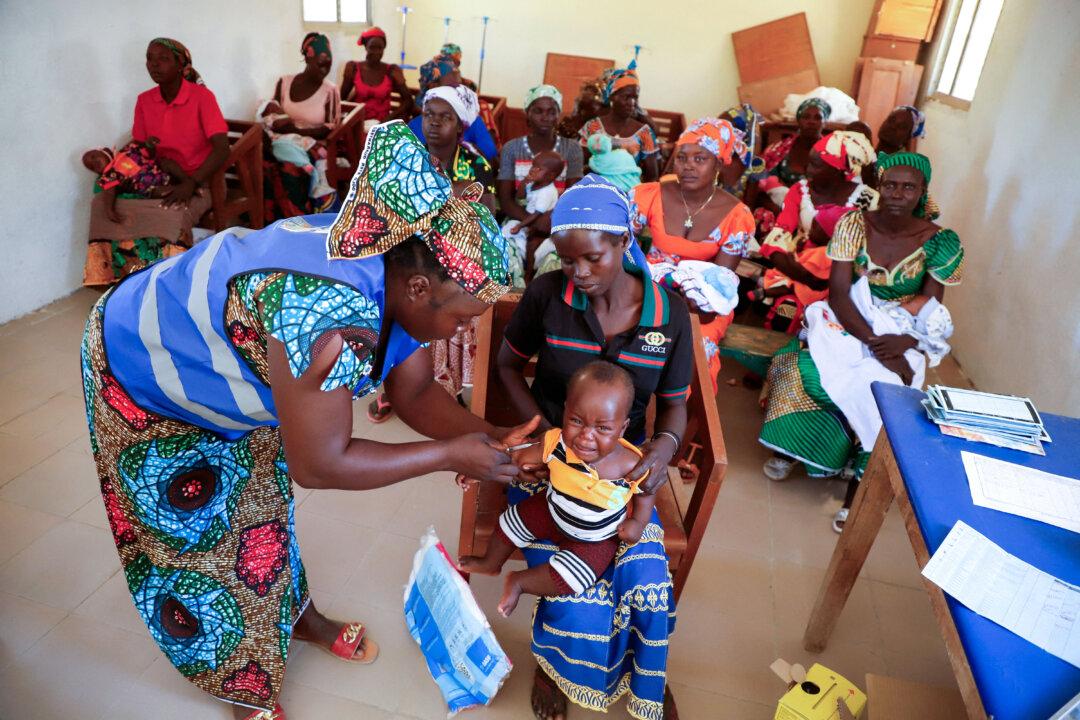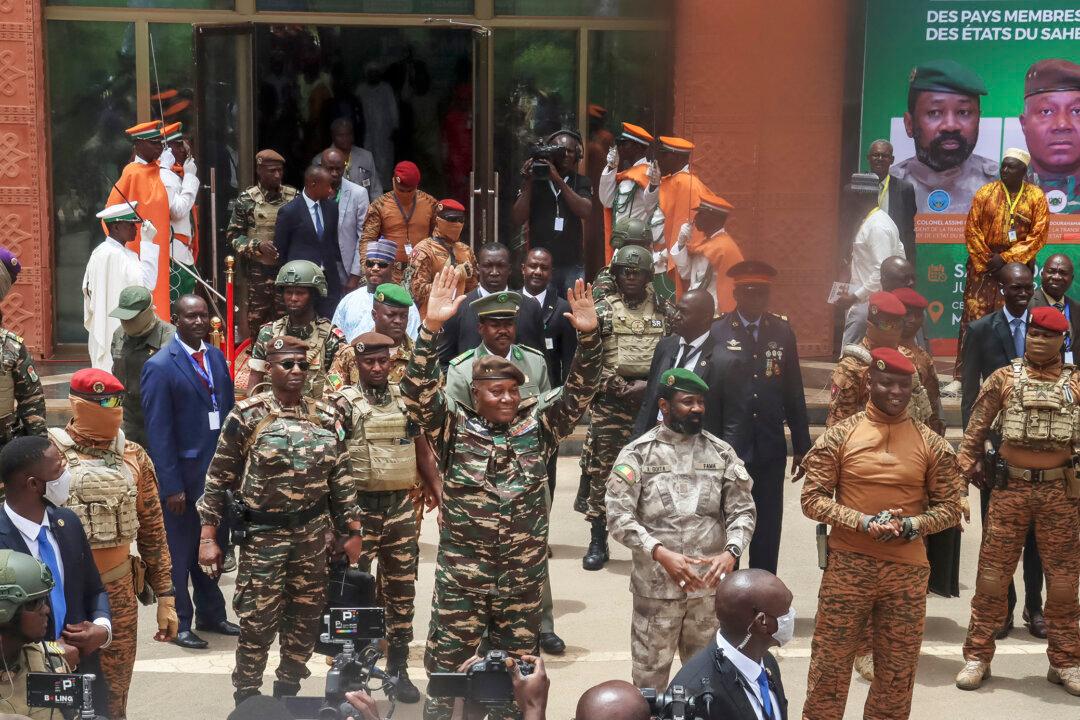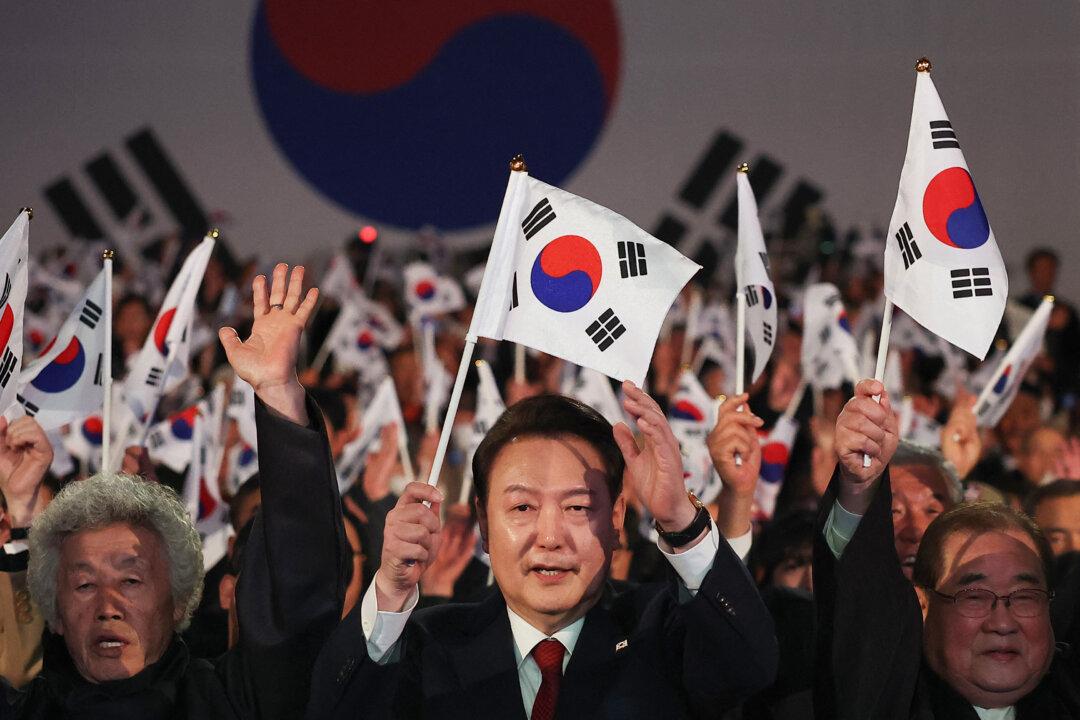As Russia’s war machine massed on Ukraine’s borders in December, for months it had been expanding its military footprint in the Saharan nation of Mali.
Moscow has quietly positioned itself to replace France as the provider of security technology and weapons, amid France’s move to pull out of a nine-year military campaign in the Sahel.





